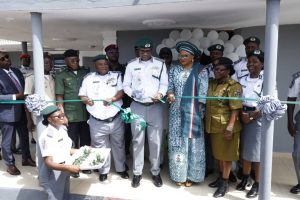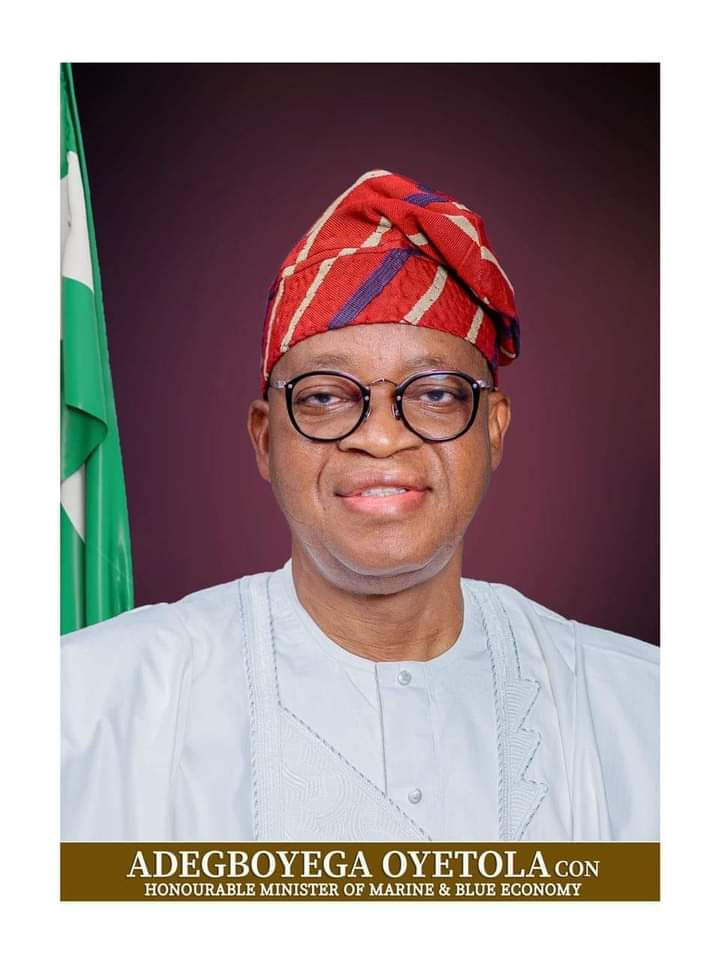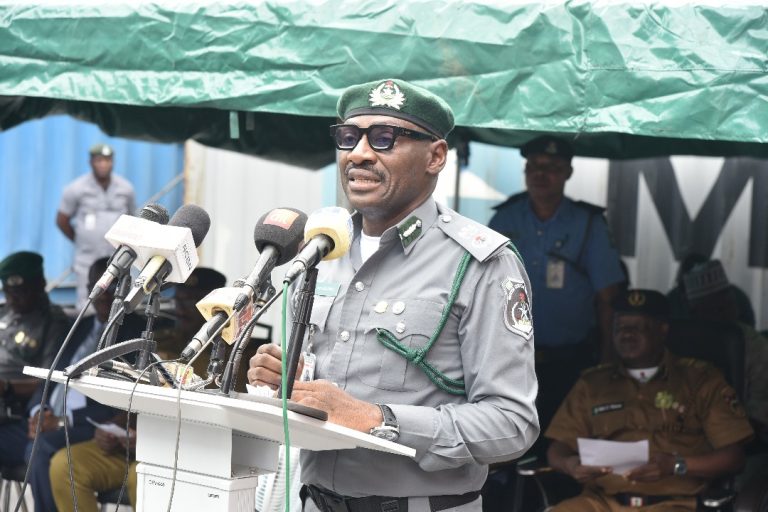…As 40 million Nigerians denied access to Internet – NCC***
The first batch of 312 Lagos pilgrims who participated in the just concluded hajj will depart Saudi Arabia for Nigeria on Tuesday, aboard Medview Airline.
Their departure was announced in a statement signed by Mr Jamiu Dosunmu, Public Relations Officer of the Lagos State Muslim Pilgrims Welfare Board on Tuesday.
The statement said the Commissioner for Home Affairs and Lagos State Amir ul Hajj, Dr AbdulHakeem AbdulLateef expressed joy over the success of the hajj and safety of the pilgrims throughout the operation.
“I am particularly grateful to Allah for giving the officials and the pilgrims the grace to cooperate with one another for the success of this year’s hajj operation,’’ he said.
The commissioner commended the Lagos pilgrims for their good conducts during the hajj exercise.
He noted that this was the first time Lagos pilgrims would leave expeditiously, having spent less than 30 days in Saudi Arabia for hajj.
“It is a great relief that the pilgrims are homebound so early after the hajj rites.
“Lagos pilgrims on the first flight have spent 28 days for this holy pilgrimage, which is fast enough. We are happy and hope it will continue,’’ he said.
He said the other flight schedules would be announced as soon as the board management was informed.
In the meantime, coverage gaps in 200 communities across the country deprive more than 40 million people access to the Internet, the Nigerian Communications Commission has said.
The Executive Vice Chairman at NCC, Prof Umar Danbatta, said this in Abuja on Monday at the annual International Telecommunications Union regional capacity building workshop hosted by the Digital Bridge Institute.
Danbata said the regulatory agency was working on an intervention that would bridge the gap in the communities at the fastest time possible.
He said, “Access is very important. Talking about access, I don’t know the experience in other parts of the world especially the Africa continent but here in Nigeria, we have 200 access gaps and we know where these gaps are.
“These access gaps deprive close to 40 million people access to the Internet. We need to look at what we can do to fast-track blocking these access gaps because unless and until we do so, many of our citizens will continue to live without access to the Internet, especially the right kind of Internet connectivity.”
He added, “We are trying to make sure we are not left out in benefiting from the various important features of the fourth industrial revolution. While we are doing this, we are taking cognisance of the elements of digital transformation system because we have to start somewhere.
“How do we generate that critical mass of the Information Communication Technology adoption and use so that by so doing increase Internet and broadband penetration?
“The NCC through the Digital Bridge Institute funds interventions aimed at providing training particularly to teachers in our tertiary institutions so that they can leverage the power of ICT to improve content delivery to be able to access all relevant materials from the Internet.”
Danbatta said the essence was to provide the connectivity that was easily accessible and available to the masses.
Speaking at the event, the Administrator of the Digital Bridge Institute, Dr Ike Adinde, said there was no future with the ICT, adding that the more ICT skills available to youths in the country, the better for the economy.
Punch





















